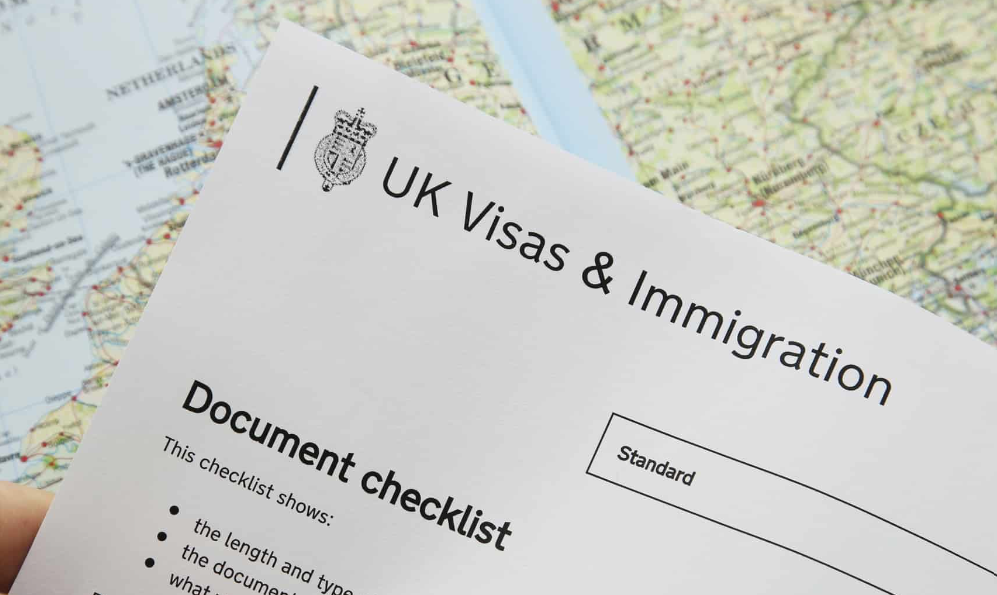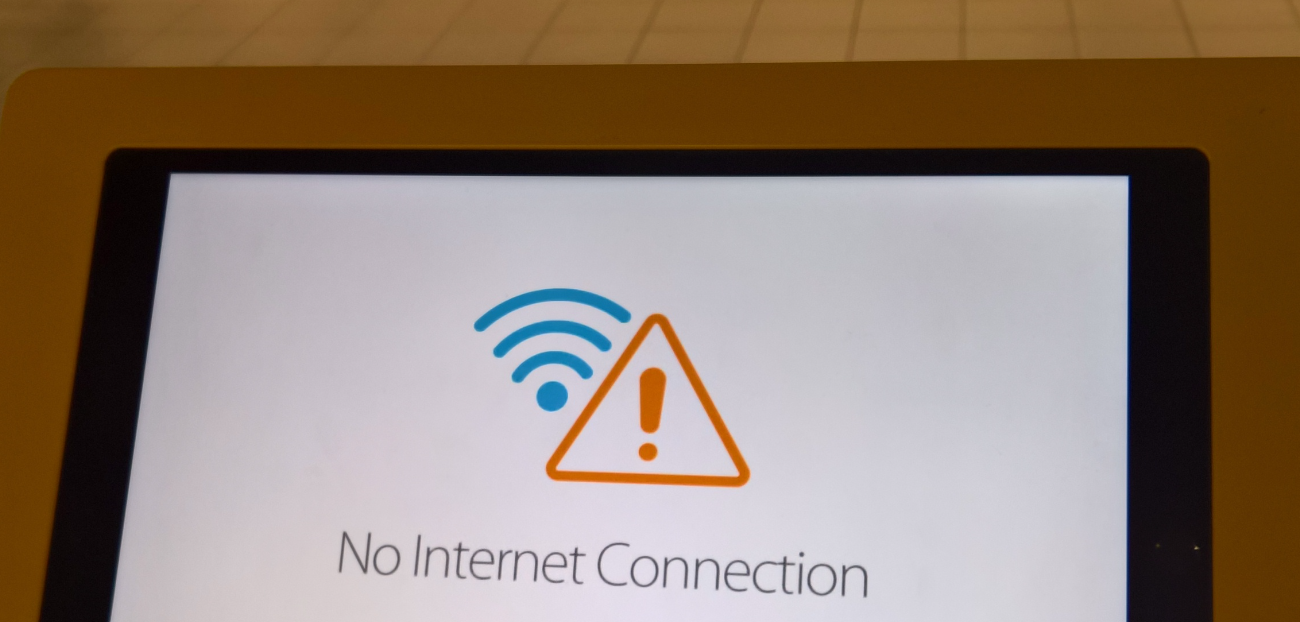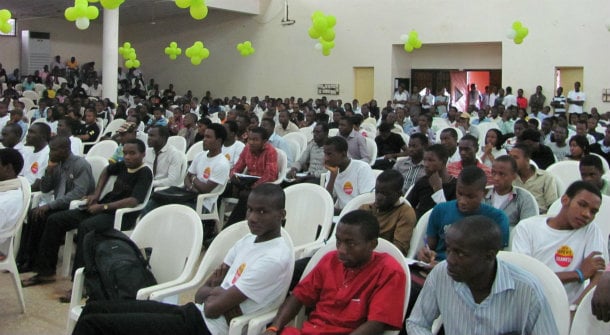BY FRANCISCA CHIEDU
I used to share my thoughts on UK migration in newspapers, magazines, and social media. Some of you are familiar with my #JapaSeries. I paused because I was concerned about people seeing my thoughts as fear-mongering. Any immigration policy happening now wasn’t news to me, as it was only a matter of time for the Conservative government to go back to its anti-immigration campaign. If I wrote about the likelihood of stopping dependents on “popular routes,” some people would have called me names. By the way, I even got insulting remarks for asking if Japa through the care worker route was greener pastures. Anyway, I decided to mind my business, and now it may be safe to discuss some realities.
In the past four years, the UK has had some kind of “liberal” immigration policy that has led to “skyrocketing” migration numbers. It contrasted with former PM Theresa May’s pledge to cut immigration to ‘tens of thousands’. Then, she was resolute about reducing the numbers; the post-study work visa was scrapped; they made changes to the family visa route, and it wasn’t so easy for every Tom, Dick, and Harry to get a license to sponsor overseas workers. Boris Johnson, as PM, came with a migration agenda that turned into visa jamborees. Introducing new immigration rules that led to an unusually high net migration was inevitable, but I think it could have been better managed.
Two factors, at least, contributed to the UK opening its doors to immigrants: Brexit and COVID-19. The end of free movement had a major impact on human resources in different sectors. Also, the impact of COVID-19 necessitated hiring overseas workers to support the healthcare system. There was also an opportunity to boost the education sector by introducing the post-study work visa, which they renamed the Graduate Route. The two-year graduate visa was appealing, and people arrived in the UK in large numbers. For many Nigerians who took this opportunity, it was tagged “Welcome to a new dispensation”. Now the realities have set in.
Advertisement
With the U-turn to cut net migration, it is likely some people will be welcomed to another dispensation, as the government has finally taken drastic measures to cut migration, but I don’t think it will be reduced to “tens of thousands,” as the UK certainly needs people to work, especially in sectors struggling with skill shortages. I am trying not to be a harbinger of bad news, but the reality is that many people will have to leave the UK. I will create time to write about the likely implications of the changes in the immigration rules and what options people should consider, especially for those who may not be able to renew their visas. Please do not overstay your visa; don’t do it! It’s “premium suffer-head”!
It’s a new dispensation; let’s support each other as we navigate this time. It may be hard for many with uncertainties about their stay in the UK. Let’s be kind and truthful about the realities; there is no point in deceiving people with useless COS offerings.
Different categories of people have been adversely impacted by the renewed campaign to cut net migration: students with a few months left of their graduate visa, care workers whose sponsor’s license got revoked, people with dependents who were unable to switch before the March 11 deadlines, those working with fake employers (sponsors who have no jobs yet issued a certificate of sponsorship), and others in between.
Advertisement
There’s a likelihood that some unscrupulous people may exploit people desperately looking for alternatives to remain in the UK. People must be mindful of funny schemes or alternatives that will be suggested to them so they don’t end up wasting money. You need to start a new life back in Nigeria, or if you must leave, in another country open to immigrants. If you’re looking for a COS, you must at least do your diligence on the company. Check the Company’s House for details about ownership, structure, finances, and other clues that tell you it is a credible company. If it is care work-related, check their standing with the Care Quality Commission (CQC). If there are red flags on their records, know that it is only a matter of time before their sponsorship license will be revoked. So be critical before you accept such offers.
With the March 11 ban on care worker dependents activated, there’s a likelihood that more enforcement work will commence. Care homes with no jobs yet sponsoring workers are currently being investigated, and I believe more audits will be done. If you got sponsorship from companies that do not have a contract, I would suggest you start looking at alternatives or start saving so you don’t return to Nigeria stranded. The Home Office has gone aggressive with enforcement. If you are an employer, ensure you do not take on an illegal immigrant out of pity, or you will face hefty fines.
If you are one of those working for another company that is not your sponsor and paying the fake care home that issued you a Certificate of Sponsorship (COS) for your visa to pay your salaries, just know you are just recycling money into your account. Many have been further scammed into believing they must have the money paid into their bank account for the NI to start reading. First, it doesn’t solve the problem; your actions have no legal basis. Most of these unscrupulous employers do not even remit your tax or NI contribution; most don’t even understand the paperwork required. Some people have successfully switched from a bad sponsor to the NHS and have been informed that they must start paying for the unremitted taxes.
How do you know your tax and NI are being remitted? If you don’t receive a P60 from your employer at the end of the tax year, ask for it. What’s a P60? A P60 is a statement outlining the tax and National Insurance (NI) contributions you’ve paid over the previous tax year. If you’re an employee, you’ll receive one at the end of each tax year. Always ask for your P60; it will come in handy when you apply to extend your visa or take indefinite leave to remain in the UK.
Advertisement
This ‘new dispensation’ is also for dubious immigration lawyers and agents to take advantage of people. I hear some people have been misled to think they can sponsor themselves. If you have been told you can register a company, get COS, and get your own company to sponsor you, this may be another futile effort. Let’s say you run a company. How do you demonstrate that you can pay yourself £38,700 when the business barely generates that income?
Another group of people are those who will be deceived by COS for skilled worker visas in other sectors for jobs outside the care sector. The company may have COS, but that doesn’t mean the Home Office will grant the visa. What’s the company’s financial capacity? The visa may be refused if a caseworker is not convinced the company can afford your salary. If you are still in Nigeria or the UK and a company offers you a COS, before you accept it, check the company’s filing history to see if you can get information on the accounts, capital, confirmation statements, annual returns, and other useful information.
If, after all the facts, you still activate your “coconut head” to apply, the visa may be refused, or the company may fold up shortly, and you may suddenly have 60 days to leave the UK. People have been exploited in these areas, so be careful with the alternatives you seek to remain in the UK. Don’t let desperation make you make irrational decisions. If you hit a deadlock with your options to stay in the UK, don’t forget, “No matter where you go, remember the road that will lead you home. Wanetwa mos, wanetwa mos”.
PS: Please note that my thoughts are not legal advice. If you have been affected by the new immigration rules, please contact an immigration lawyer.
Advertisement
Views expressed by contributors are strictly personal and not of TheCable.
Add a comment






